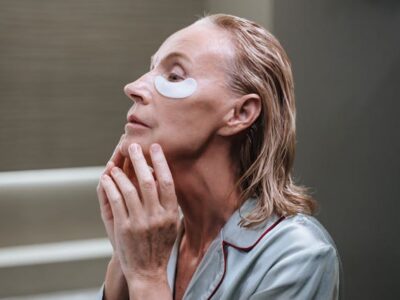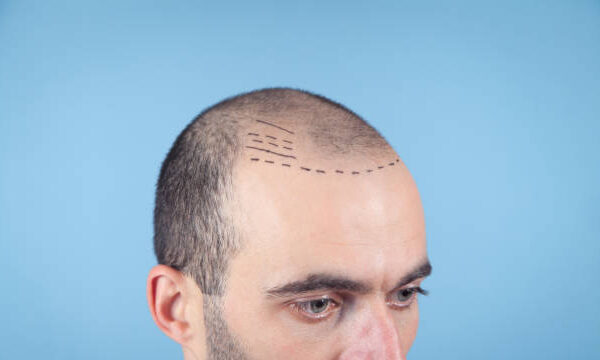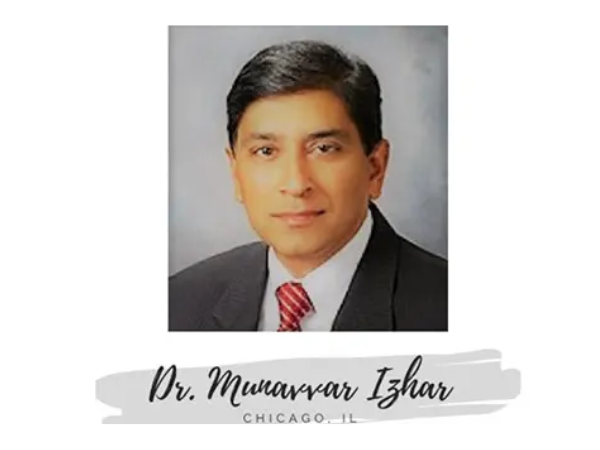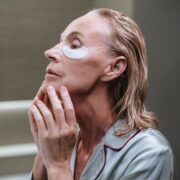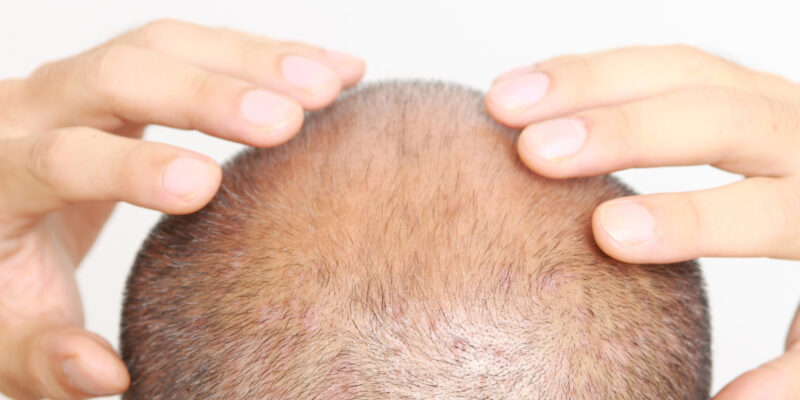
Hair loss in men is a widespread concern that affects a significant portion of the male population at various stages of life. Recognizing the different types of hair loss and understanding when to seek hair loss treatment for men is essential for effective management and potentially reversing the condition. Consulting with a reputable hair loss clinic can provide personalised guidance and treatment options tailored to individual needs.
Understanding the Stages of Hair Loss in Men
Hair loss in men typically follows a pattern and progresses through several stages. Identifying these stages early on is crucial for timely intervention and successful treatment.
Stage 1: Minimal Hair Loss
This initial stage is often unnoticed as the hair loss is minimal and may only be evident as a slight recession of the hairline, particularly around the temples. It’s an early warning sign, and while not all men immediately seek treatment, being aware of this change is important.
Stage 2: Noticeable Recession
At this stage, the hairline recession becomes more pronounced, especially in the temple areas, forming what is commonly referred to as an “M” shape. While many men start to recognize their hair loss during this phase, some might still hesitate to seek treatment.
Stage 3: Visible Thinning and Recession
The hairline continues to recede more noticeably, and thinning on the crown of the head may become evident. This stage is often when the psychological impact of hair loss becomes significant, prompting many men to consider treatment options.
Stage 4: Pronounced Hair Loss
By this stage, there is significant hair loss at the crown, along with further recession of the hairline. The bald areas may still be separated by a band of hair, but this is also thinning. It’s a critical point for men to seek professional advice from a hair loss clinic for treatment options.
Stage 5: Advanced Hair Loss
The two main areas of hair loss—the front and the crown—are larger and begin to merge. The band of hair separating them becomes narrower and sparser. At this advanced stage, the need for professional hair loss treatment for men is more pressing to prevent further loss.
When to Seek Hair Loss Treatment for Men
Identifying the right time to seek treatment is pivotal. The earlier the intervention, the better the chances of slowing down the progression or even partially reversing hair loss. Key points to consider include:
- At the First Signs of Thinning or Recession: Early stages offer the best prospects for effective treatment.
- When Hair Loss Becomes a Concern: If hair loss starts to affect your self-esteem or social interactions, it’s time to explore treatment options.
- Before the Hair Loss Advances Significantly: Treatments tend to be more effective in the earlier stages of hair loss.
Choosing the Right Hair Loss Clinic
Selecting a reputable hair loss clinic is a crucial step towards effective treatment. Look for clinics with certified and experienced specialists, positive patient testimonials, and a personalized approach to treatment. A thorough evaluation by a professional can determine the cause of hair loss and recommend the most appropriate treatment options.
In-Depth Look at Hair Loss Types and Their Stages
Hair loss, medically known as alopecia, manifests in various forms, each with its progression stages. The most common type affecting men is Androgenetic Alopecia, also known as male pattern baldness, which follows the stages previously outlined. However, other types like Alopecia Areata (spot baldness), Telogen Effluvium (temporary hair shedding), and Anagen Effluvium (rapid hair loss from chemotherapy) also impact men differently.
Progressive Thinning – The Silent Challenge
For many men, hair loss begins with progressive thinning that might not be immediately evident. This gradual change can make it challenging to decide when to seek treatment. Monitoring hair density and being proactive about subtle changes can be crucial steps in managing hair loss effectively.
Psychological Impact and the Importance of Support
The psychological impact of hair loss cannot be understated. Men may experience a range of emotions, from frustration and embarrassment to anxiety and depression. It underscores the importance of seeking not only medical but also emotional support. Reputable hair loss clinics often offer counselling services or can recommend support groups, recognizing that treatment should be holistic.
Tailored Treatments and Innovative Solutions
Treatment options for hair loss have significantly evolved, offering hope and solutions to men at various stages of hair loss. From topical treatments like Minoxidil (Rogaine) and Finasteride (Propecia) pills for early to moderate stages, to more advanced solutions such as Platelet-Rich Plasma (PRP) therapy, hair transplants, and laser therapy, the range of available treatments is broad.
Hair Transplantation – A Closer Look
Hair transplantation has become increasingly popular and sophisticated, with techniques like Follicular Unit Extraction (FUE) and Follicular Unit Transplantation (FUT) providing more natural-looking results. These procedures involve transplanting hair from denser areas to balding or thinning areas, offering a permanent solution to hair loss. However, they require careful consideration and consultation with a specialist to ensure suitability and understand the potential outcomes.
Embracing the Future: Advances in Hair Loss Treatment
The future of hair loss treatment is promising, with ongoing research into gene therapy, stem cell therapy, and novel medications. These emerging therapies aim to offer more effective and longer-lasting solutions to hair loss, emphasising the importance of consulting with a hair loss clinic that stays abreast of the latest developments in the field.
The Role of Lifestyle and Preventive Measures
While genetic factors largely influence hair loss, lifestyle factors can also play a significant role. A balanced diet rich in vitamins and minerals, regular exercise, stress management, and avoiding harsh hair treatments can contribute to healthier hair and potentially slow the progression of hair loss.
Final Thoughts: Taking Action Against Hair Loss
Recognizing the stages of hair loss and understanding when and how to seek help is the first step towards managing this condition. A combination of early intervention, expert advice from a reputable hair loss clinic such as Skin, Hair & You, and adopting a healthy lifestyle can make a significant difference in the outcome. Whether you’re just starting to notice thinning hair or are in the advanced stages of hair loss, it’s never too late to explore the treatment options available. Remember, each step taken is a move towards regaining not just your hair, but also your confidence and well-being.
